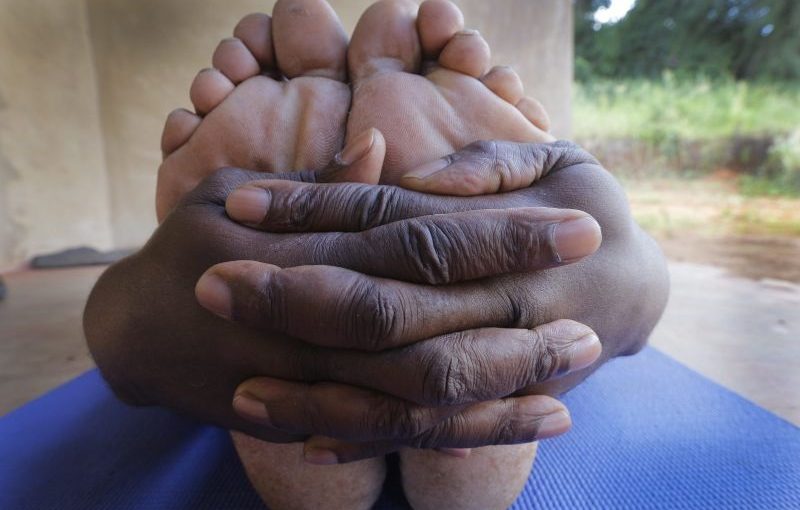Angola's first major copper mine to start production next week
Portugal: Angolan patients in country left homeless due to end of aid from Angola

Illustrative photo. [Image: Lusa]
The Association of Angolan Patients in Portugal (ADAP) accuses the Luanda government of pushing patients being treated in Portugal into homelessness by withdrawing support or forcing them to return, which most refused.
Following the closure of Angola’s medical board in Portugal, which took place in February, dozens of patients returned to Angola, but most chose to remain in Portugal, claiming they needed to continue receiving treatment that they said did not exist in Angola.
At the time, the Angolan government said that, prior to the closure of the medical board, 385 citizens, including patients and accompanying persons, were in Portugal. The closure followed an audit that assessed patients and detected “several abuses in the use of this facility”.
In February, 27 patients returned, joining the 17 who had already chosen to return, by their own means, because their health situation had been resolved. This left 47 patients and 20 accompanying persons, receiving support from the Angolan State, with their return expected by the end of the year.
The other around 100 patients who chose not to return were left on their own and without support from the State, neither for the payment of the room in the hostel where they still live, nor for expenses. They continued to receive medical treatment, however, under the terms of the agreement between Angola and Portugal in the area of health.
The chairman of ADAP, Gabriel Tchimuco, told Lusa that the patients who chose to stay in Portugal did so to survive, as there was no alternative treatment in Angola.
These are mainly transplant patients or those undergoing haemophiliacs, as well as ontological cases.
Gabriel Tchimuco, who underwent a kidney transplant in Portugal, was one of those who returned to Angola and had to come back to Portugal because there was no clinical response in terms of tests and medication.
So far, “only three or four of the patients who went have returned,” because the authorities “had to recognise that there are no conditions for kidney transplant patients in Luanda, not only because of the issue of medication, but also laboratory and surgical issues,” he said.
The president of ADAP also said that, of the patients who returned, one who had undergone a tracheostomy died, as well as a child who had received a bone marrow transplant.
“Life is priceless. Many of us have conditions in Angola, but then we have the problem of hospital conditions. Going to Angola is anticipated euthanasia”, he said.
Some of the patients who stayed on their own “have some support from the Portuguese State, which is enough to survive, not enough to live on, but enough to survive.
Help also comes from relatives, friends and from the Santa Casa da Misericórdia de Lisboa charity and the Evangelical Church, which “has helped a lot”, especially in terms of food and, in some cases, support in accommodation.
The sharing of rooms by several patients has also been a solution adopted for those who do not have more means, but prefer to stay in Portugal.
These concerns were explained in a letter that ADAP recently sent to the Portuguese Minister of Foreign Affairs, to whom the association says it is considering a “request for subsidiary protection of shelter in Portugal or in a European Union State”.
In the letter, to which Lusa had access, the representatives of Angolan patients in Portugal accuse the Angolan government of placing “all patients without shelter, without food support, transport and other means of vital needs, which are humanly indispensable.
“As the right to health is universal, we reiterate here a request for urgent intervention within a framework of human solidarity in the area of health”.












Leave a Reply
Be the First to Comment!
You must be logged in to post a comment.
You must be logged in to post a comment.